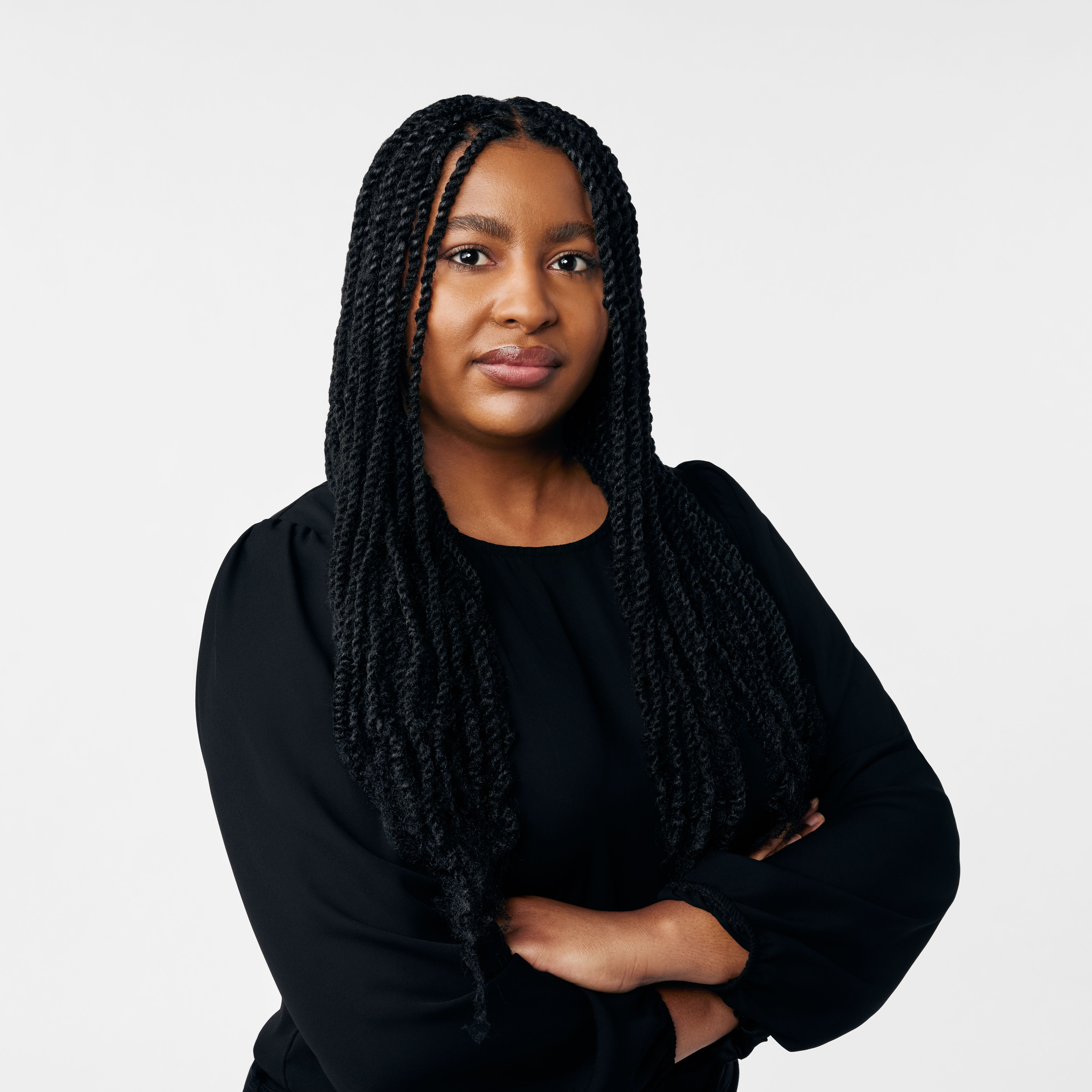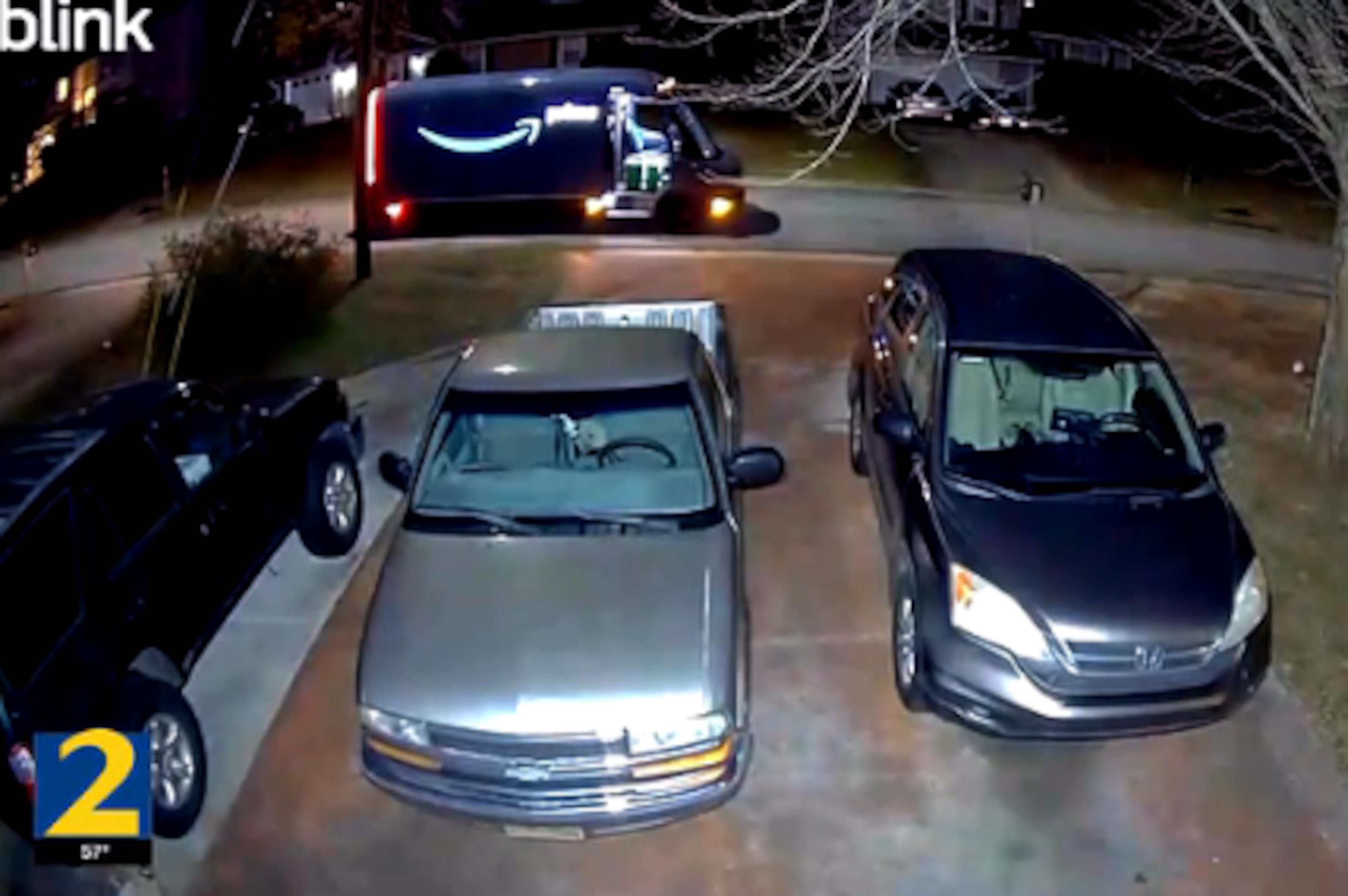Jury selection in Arbery murder case crawls into 2nd week
BRUNSWICK — One prospective juror said he believes racial stereotyping played a role in the killing of Ahmaud Arbery. Another, who worked in law enforcement, said the three men charged in the 25-year-old’s death should have waited for the cops.
Both men said they could be impartial if they’re chosen for the high-profile trial.
But two other potential jurors questioned Monday afternoon knew the Arbery family, including one man who said he was friends with Ahmaud, and a woman who told the court she was his distant cousin. They said they would be unable to consider the facts of the case fairly and were quickly sent home.
In this community of 85,000, it has been tough finding prospective jurors who aren’t familiar with the case or at least one of the people involved. One potential juror said he attended high school decades ago with Arbery’s father, Marcus. Another said he used to work for the wife of one of the murder suspects.
Jury selection dragged into the second week Monday, with attorneys qualifying another nine potential candidates on the fifth day of proceedings. That brings the total number of qualified jurors to 32, as the court qualified 23 potential jurors last week before adjourning for the weekend late Thursday night.
Court remained in session Monday until after 8 p.m.
Before opening statements can begin, prosecutors and defense attorneys must qualify a pool of 64 candidates from whom 12 jurors and four alternates will be chosen. Those selected will render verdicts against Travis McMichael, his father Greg McMichael, and their neighbor William “Roddie” Bryan, who are charged with murder in the February 2020 shooting.
The defendants maintain they were trying to make a citizen’s arrest because they suspected Arbery in a string of neighborhood break-ins.
As was the case last week, most of the potential jurors questioned Monday had seen the widely shared cellphone video of the shooting and followed the news coverage. Even some who said they could remain impartial at trial had strong opinions about the shooting and the McMichaels’ decision to chase Arbery, whose family says he was out for a jog.
Juror No. 381, who has federal law enforcement experience, said he thought the McMichaels and Bryan should have waited for police on that Sunday afternoon.
Instead, the McMichaels grabbed guns, got into Travis’ pickup truck and pursued Arbery through their Satilla Shores neighborhood. Bryan joined the chase in his own vehicle, ultimately recording the cellphone video of Travis McMichael shooting the unarmed Arbery as the two struggled over a shotgun in the road.
“Even after witnessing what I see as a possible crime, it’s not my place to interfere,” said juror No. 381, who is white. “The first thing I should do is call law enforcement authorities and let them handle that situation.”
He said he discussed the case with some of his law enforcement friends and even took part in the “I run with Maud” jogging campaign before recording a video and posting it on social media.
Jason Sheffield, an attorney representing Travis McMichael, asked the man if he thought the defendants had committed a crime.
“I’d say yes,” he replied.
“And what crime is that?” Sheffield pressed.
“Murder,” the man said.
Juror No. 386, a Black man, said it was tough to escape news coverage of the shooting and avoid the widely shared cellphone footage.
“It was right there,” he said. “You didn’t have to look for it.”
Though he said he would be able to listen to the facts of the case with an open mind, the man called the killing an “unfair situation.” He wrote on his juror questionnaire that he believed everyone was innocent until proved guilty, “but it seemed Ahmaud Arbery was scared for his life and chose to defend himself against Travis and Gregory McMichael, who were both armed.”
He said in court that he didn’t think Arbery would have been killed if he were white. “It’s two people against one,” he said. “He was out for a run, you know? And he was killed.”
Juror No. 395, who is also Black, said he harbored negative opinions about Greg McMichael because he “couldn’t imagine” chasing after someone with his own son.
“It’s a terrible case,” he said.
And No. 396, who said she wants to serve on the jury, told attorneys she limited her exposure to the trial early on and stopped watching any coverage after receiving her jury summons. She said the shooting divided some people within her community while uniting others, but that she felt she could remain impartial.
She was the only member of Monday’s panel to raise her hand when the prospective jurors were asked whether they wanted to serve.
“Honestly, I don’t know enough to have a side,” she said during questioning. “I’m a completely blank slate.”
Questioned by lead prosecutor Linda Dunikoski, one man raised concerns about being a juror in such a highly publicized case.
“I’m not sure about anonymity in my community,” said juror No. 402, who is white. “I have a feeling whatever verdict comes down is likely to make somebody unhappy, and I have to live here.”
Jury selection resumes Tuesday morning.




